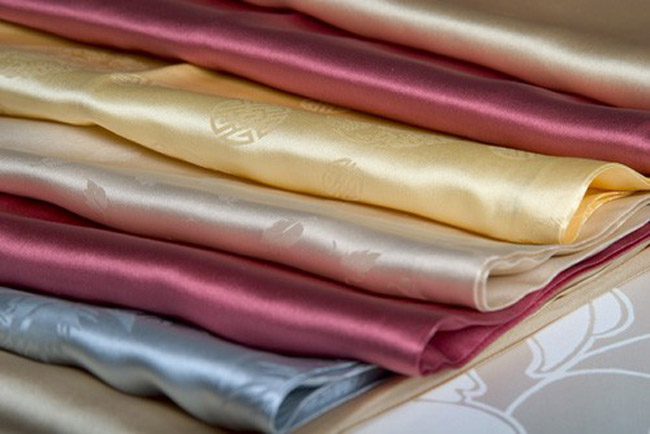It’s a question we’ve all thought about from time to time: how could we use silk to revolutionize the global market in vaccines? Well, you may not have to wonder much longer. Vaxess, a company started by a group of recent Harvard MBA grads, is looking to reshape the global paradigm in vaccines. And, yes, the answer is silk.
“One out of every five people in the world fails to receive basic vaccines,” Michael Schrader, Harvard MBA ’12 and the company’s CEO, recently told the Financial Times. A major obstacle to better distribution is keeping vaccines cool. That’s where silk comes in. A protein found in silk can stabilize vaccines at higher temperatures, which would allow manufacturers to create hardier, more durable products, that will be easier to ship and distribute.
The group’s founder, Livio Valenti, first came upon the idea in Cambodia, where he was working for the UN. There, he met a Tufts professor who was working on the silk protein. Years later, in a class at Harvard Business School called “Commercializing Science,” Valenti recalled the idea and, with a group of classmates, began formulating a business plan. Now, that group has formed a company to solve the business and logistic issues of worldwide distribution, and they expect to bring their product to the global market in the next five or six years.
The young entrepreneurs have won plenty of supporters. Vaxess won the HBS Alumni New Venture Competition in 2013, along with two other business-plan competitions, and altogether the company has raised over $3.75m, which should be enough to keep the company running for at least the next two years.
As one of the world’s premiere cities for scientific and medical research, Boston MBA students frequently take advantage of collaborations with area scientists.
